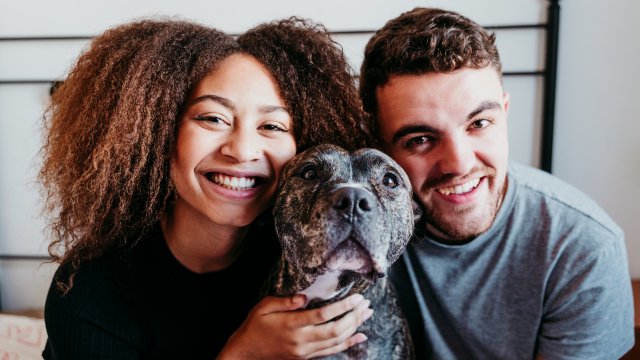Understanding Canine Memory: How Dogs Remember and Associate Triggers
As dog owners, it’s safe to say we love our pups. Fond memories and favorite moments last long after our pooches do, and it’s easy to think that our pups’ memories work the same way. They seem to remember cues and commands, places around the house and neighborhood, and familiar people. But do they really remember the same way as humans?
The short answer is no. Humans possess episodic memory, or the ability to remember specific events and moments. It’s how we can recall instances throughout our lives and reflect on them with great detail. Dogs and other animals, however, don’t spend much (or any) time in the past – while recent car rides: start small, sitting with your pup in the car for a few minutes at a time with the engine turned off; use stress-free activities like feeding, chewing on a favorite bone, or brushing (if this is relaxing for your pup) to build up positive associations with the car. Once the car itself is no longer a source of stress, progress to sitting in the vehicle with the ignition on, then to short trips, then to trips to an enjoyable destination. Over time, you can introduce longer distances and unfamiliar places.
Our pups love and remember us – just differently than how we love and remember them. They may not remember the day they arrived in our lives the way we humans do, but they live fully in the present, where their positive associations with their humans means they are excited when we return home after the workday or put on that pair of shoes to take them for a walk. With training, we can help shift negative associations to positive ones – and live a happier life together with our dogs!
Need help diagnosing or addressing behavioral issues with your pup? Contact Bark Busters today!
